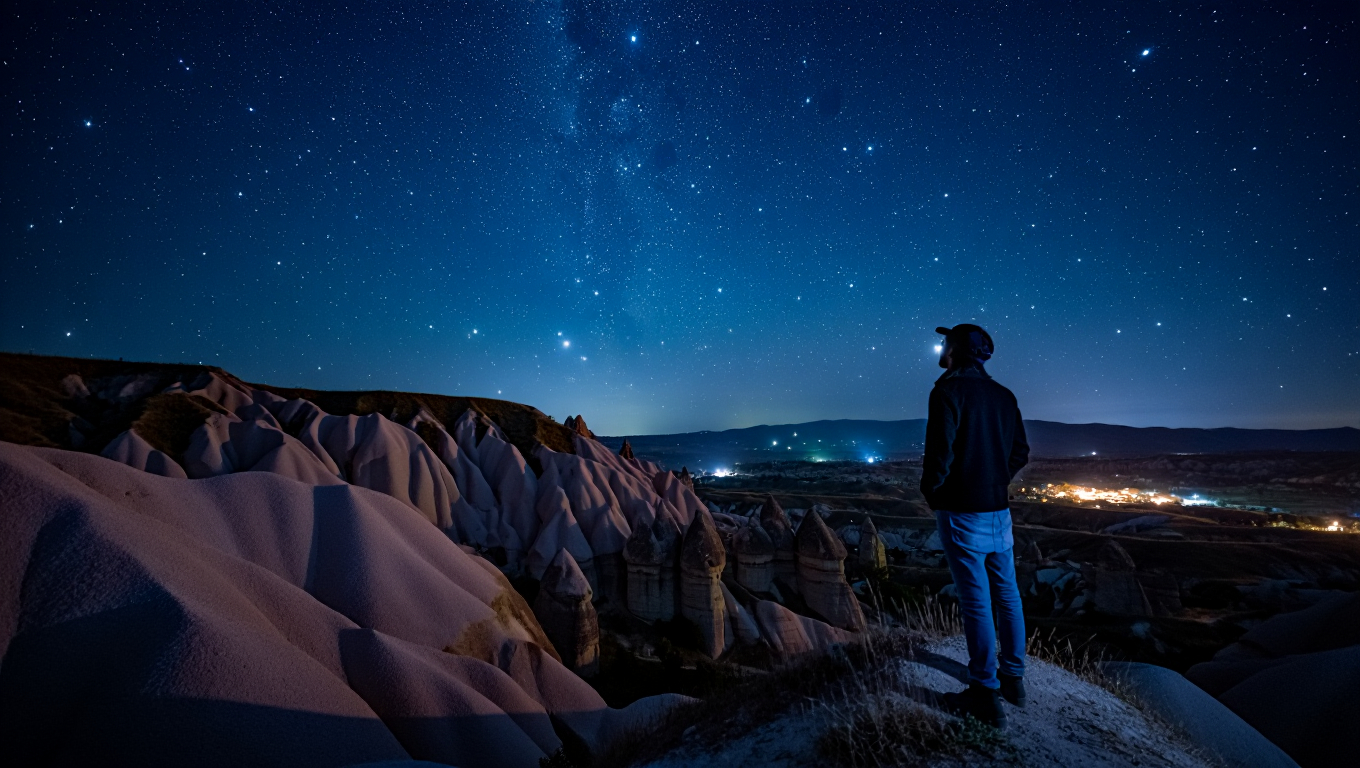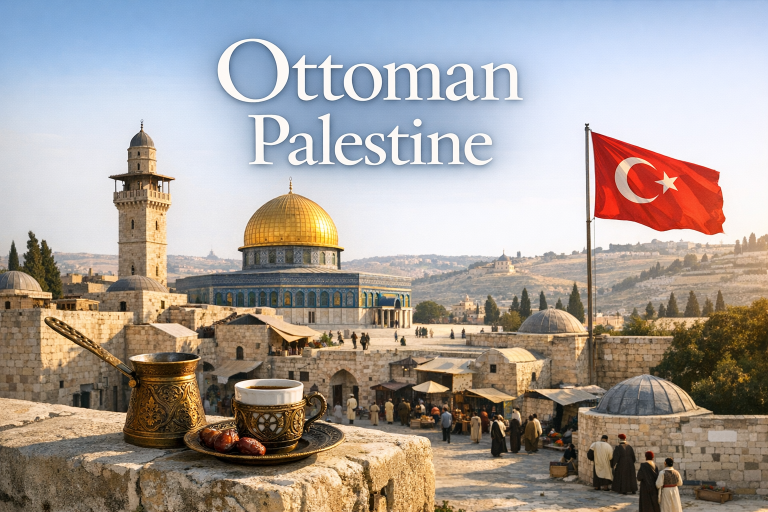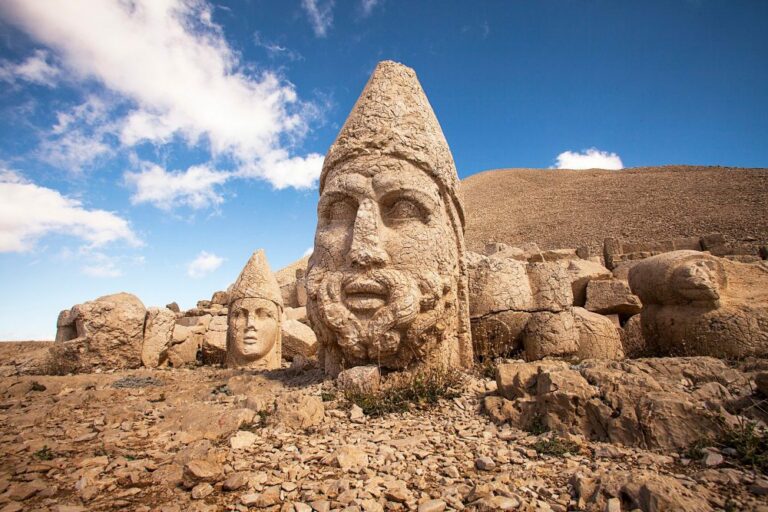Stargazing in Turkey: Best Spots & New 2026 Regulations
Table of Contents
Forget the romanticized travel brochures for a moment. Yes, Turkey offers some of the darkest skies in Europe, but simply pitching a tent in the wilderness is no longer as simple as it used to be. The rules of engagement have changed.
Due to heightened wildfire risks and stricter nature conservation laws, rigid regulations now apply to night hiking and camping. Ignoring them doesn’t just risk your safetyit risks hefty fines. In this guide, we separate theory from practice: showing you where you can genuinely see stars in 2026, what it costs, and the permits you’ll need to avoid trouble.

The Law of the Dark Sky
New 2026 Regulations
Groups now require a certified "Alan Kılavuzu" (Area Guide) in protected zones. Night surcharges average 50% for nocturnal observations.
Cappadocia Vistas
Access Strategy
Avoid hotel light pollution. Motorized ATV tours are the 2026 standard for reaching remote ridges safely.
Mount Nemrut
Seasonal Window
Altitude: 2,134m. Strictly summer access. December to March is blocked by ice. Museum permits required for off-season.
Lake Salda
Protection Zone
Strictly protected environmental zone. No camping on white sands. Electric shuttles required for access.
Olympos Heights
Sky & Science
Annual festival hub where high mountains meet the sea. Ideal for thermal-influenced clear visibility.
`; this.init(); }init() { const starfield = this.shadowRoot.getElementById('starfield'); const nodes = this.shadowRoot.querySelectorAll('.location-node'); const panels = this.shadowRoot.querySelectorAll('.location-details');// Generate stars for (let i = 0; i < 150; i++) { const star = document.createElement('div'); star.className = 'star'; const size = Math.random() * 2 + 1; star.style.width = `${size}px`; star.style.height = `${size}px`; star.style.left = `${Math.random() * 100}%`; star.style.top = `${Math.random() * 100}%`; star.style.setProperty('--duration', `${Math.random() * 3 + 2}s`); starfield.appendChild(star); }// Interactivity nodes.forEach(node => { node.addEventListener('mouseenter', () => { const targetId = node.getAttribute('data-target'); panels.forEach(p => p.classList.remove('active')); const targetPanel = this.shadowRoot.getElementById(targetId); if (targetPanel) targetPanel.classList.add('active'); });node.addEventListener('click', () => { // Persistent click state for mobile const targetId = node.getAttribute('data-target'); panels.forEach(p => p.classList.remove('active')); this.shadowRoot.getElementById(targetId).classList.add('active'); }); });// Reset to default on mouse leave of the whole map this.shadowRoot.querySelector('.celestial-map').addEventListener('mouseleave', () => { // Optional: keep last selected or return to default // panels.forEach(p => p.classList.remove('active')); // this.shadowRoot.getElementById('default-info').classList.add('active'); }); } }customElements.define('stargazing-turkey-widget', StargazingTurkeyWidget);
Reality Check: What You Need to Know Before You Go
Before we get to the locations, we need to talk about bureaucracy. Since February 2025, the Ministry of Agriculture and Forestry has enforced a mandatory “Alan Kılavuzu” (Area Guide) requirement for groups in many protected national parks.
- Night Surcharge: If you request a guide for nocturnal observations, expect a surcharge of roughly 50% on top of the base fee.
- Fire Bans: Strict entry bans were enforced in many forests between June and November 2025. Even though we are now in December, you should plan your Summer 2026 trip with the assumption that open fires and camping outside designated zones will be strictly penalized.
Getting to these remote areas often means driving through rugged terrain where signal is patchy. Before heading out, ensure you understand the realities of Vodafone Turkey coverage and roaming, as GPS failures in the mountains are common.
The Top Locations: Prices and Logistics (December 2025 Status)
Not every location suits every budget or gear setup. Here is our curated list of spots that are actually worth the effort.
Cappadocia: More Than Just Balloons
Cappadocia is world famous, but the center is plagued by light pollution from the hotels in Göreme. To find true darkness, you have to get out of town. Since hiking at night in this uneven terrain can be dangerous, most visitors in 2025 are opting for motorized assistance.
The Cost of Reality:
- Night ATV Tours: This has become the standard way to reach remote viewpoints. Expect to pay around 1,400 TL to 1,500 TL per vehicle (for two people) for a 2-hour tour.
- Hot Air Balloons: If you want to see the stars from a basket just before dawn, you will pay between 80 and 155 Euros depending on the operator and season.
For detailed price comparisons to avoid surprises, check our guide on Cappadocia Hot Air Balloon Prices.

Antalya & Olympos: The Festival Hub
Olympos offers a rare combination: high mountains directly bordering the sea. The Olympos National Park hosts the annual “Olympos Sky and Science Festival.” In August 2025, the participation fee was approx. 350 TL for day guests and up to 2,450 TL for the full camping package. Plan for similar costs for August 2026.
While you are in the region, if you crave high altitude views, it’s worth looking into Paragliding in Turkey. The thermals over Olympos and Babadağ are legendary.
Salda Lake: Heed the Bans!
Lake Salda is often sold as the “Turkish Maldives.” But be warned: it is a strictly protected environmental zone. The days when you could drive your Jeep right up to the water’s edge are over.
The drive to Salda often involves navigating chaotic provincial roads. Given the aggressive local driving style, we strongly recommend reviewing our guide to car insurance in Turkey before attempting this trip in a rental.
- Logistics: You must leave your car in designated parking lots and use electric shuttles to reach the “White Islands” (Beyaz Adalar).
- Prohibitions: Camping, making fires, and even smoking are strictly prohibited on the beach. This is a spot for brief observations, not for overnight stays on the sand.
Mount Nemrut: Summer Access Only
At 2,134 meters, the air is thin and crystal clear. But take note: since we are currently in December, access is usually blocked by snow and ice (December to March). Visits during this period require special permission from the museum directorate.
For the 2025/2026 season, the following applies:
- Entrance Fee: 10 Euros for tourists / 300 TL for Turkish citizens.
- Hours: Open from 04:00 to 21:00 (perfect for sunrise and early stars).
Nemrut is more than just a peak; it is a historical marvel. If you are planning a route through history, it pairs perfectly with a tour of the major biblical sites in Turkey, offering a deep dive into the region’s ancient past.

Alternative: Stargazing from the Sea
An insider tip for Istanbul and the southern coast is to escape light pollution by heading onto the water. On a boat in the middle of the sea, the sky is often surprisingly clear. If you are traveling in a larger group, this can be cheaper than you think. Check out our guide on the best places to rent a yacht to compare prices and options.
Equipment: Prices in Turkey (Late 2025 Update)
If you forgot your gear at home, you can restock in Turkey. However, inflation has impacted prices. Here are the current benchmarks from Amazon.com.tr and local retailers:
- Entry level Telescope (e. g., Celestron Powerseeker 50AZ): approx. 3,599 TL.
- Advanced (e. g., Celestron 127EQ): approx. 13,599 TL.
- Binoculars (e. g., Nikon Aculon 8×42): approx. 6,299 TL.
Safety Notices: Where Not to Go
While most tourist areas are safe (Level 2 “Exercise Increased Caution” is standard), there are red lines. As of December 2025, US and UK authorities strictly warn against travel to the provinces of Şırnak and Hakkari, as well as any areas within 10 km of the Syrian border.
Important for Mountaineers: Mount Ararat (Ağrı Dağı) is a special military zone. You mandatorily need an official permit and a licensed guide. Solo expeditions here are illegal.

Frequently Asked Questions (FAQ)
- Do I need a permit for stargazing in National Parks in 2026?
For individuals, often no. However, organized groups now require a certified “Alan Kılavuzu” (Area Guide) in many protected areas. Check with the park administration in advance. - Can I camp at Lake Salda?
No. Camping is strictly forbidden directly on the lake and on the white sand areas. Use the official campsites in the surrounding area. - When is the best time for Nemrut?
Plan your visit between April and October. From December to March, access is mostly blocked due to weather conditions. - Is it worth buying equipment in Turkey?
Availability is good (Amazon TR, Hepsiburada), but import duties can make electronics and optics more expensive than in the EU. Compare prices beforehand.








